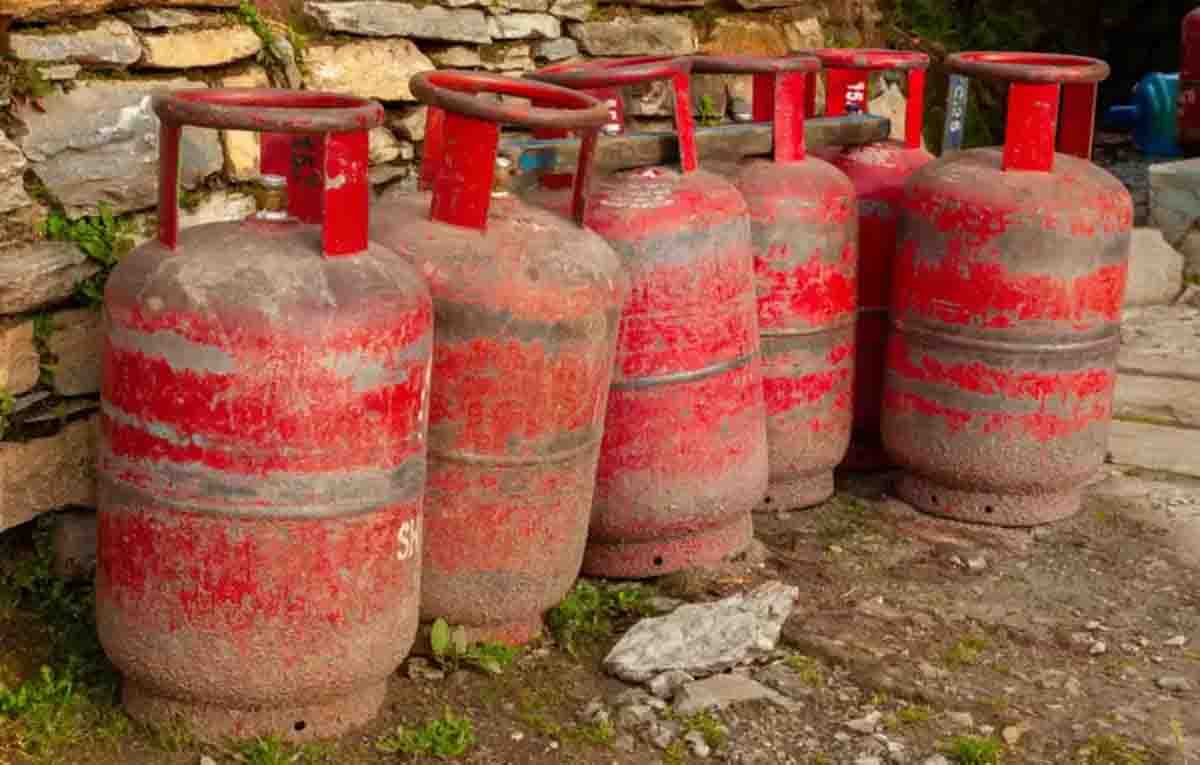news details |
|
|
| High refill cost major factor impeding shift to LPG in low-income households in India, finds study | | |  agencies agencies
NEW DELHI, Aug 21: High refill costs, complex application process, absence of doorstep delivery and poor grievance redressal mechanisms are formidable barriers hindering the access, adoption and sustained use of liquified petroleum gas (LPG) among low-income households in India, a new study says.
The study, part of a Cleaner Air and Better Health (CABH) project, aims at identifying the challenges impeding a shift away from unclean biomass fuels, guiding policy interventions and driving behavioral change.
Supported by the United States Agency for International Development (USAID), the CABH is led by a consortium headed by independent think tank Council on Energy, Environment and Water.
The study examined multiple dimensions, including women's attitudes towards biomass usage, the adoption and sustained use of LPG, perceptions of household air pollution (HAP), and awareness about the health risks linked to HAP.
Since its inception in 2016, the Pradhan Mantri Ujjwala Yojana (PMUY) has been instrumental in expanding LPG access among low-income households. The scheme aims to provide LPG connections, a gas stove and a 14.2 kg cylinder to deprived households.
Though nearly 9.59 crore connections have been issued as of March 2023, the study points out that LPG access does not guarantee sustained use.
Affordability remains a major concern as volatile household incomes often collide with the high cost of LPG refills. A significant portion of households, around 41 per cent according to the National Family Health Survey, still rely on solid fuels, primarily due to economic constraints
Gender norms, systemic factors and a lack of awareness around LPG benefits compound these challenges.
Women above the age of 18, who are the primary fuel users, participated in 10 focus group discussions and nine in-depth interviews in the selected regions. The contrasting states of Jharkhand, where 67.8 percent of households use solid fuel, and Delhi, with only 0.8 per cent of such households, were chosen to provide a comprehensive view of the issue.
One of the central findings is that the ease of access to fuel sources determines the choice of cooking fuel among low-income households. Economic constraints coupled with perceptions around the price, safety, taste and health implications of LPG act as deterrents to its adoption.
The study also found that most participants were unfamiliar with the concept of household air pollution, highlighting the need for extensive awareness campaigns.
Economic realities play a significant role as urban low-income households, often comprising daily wage earners, are unable to manage the lumpsum payment required for refilling LPG cylinders.
The complexity of the application process and the lack of customer-centric distribution further amplify the challenge. The study noted a heavy reliance on community networks for information dissemination, indicating the need for targeted communication strategies. |
|
|
|
|
|
|
|
|
|
|
|
|
| |
| |
|
|
|
|
 |
|
|
|
|
STOCK UPDATE |
|
|
 |
| BSE
Sensex |
 |
| NSE
Nifty |
|
|
| |
CRICKET UPDATE |
|
|
|
|
|
| |
| |
|
|
| |
|
|
|
|
| |
|
|
|
|
|
|
|
|
|
|
|
|
|
